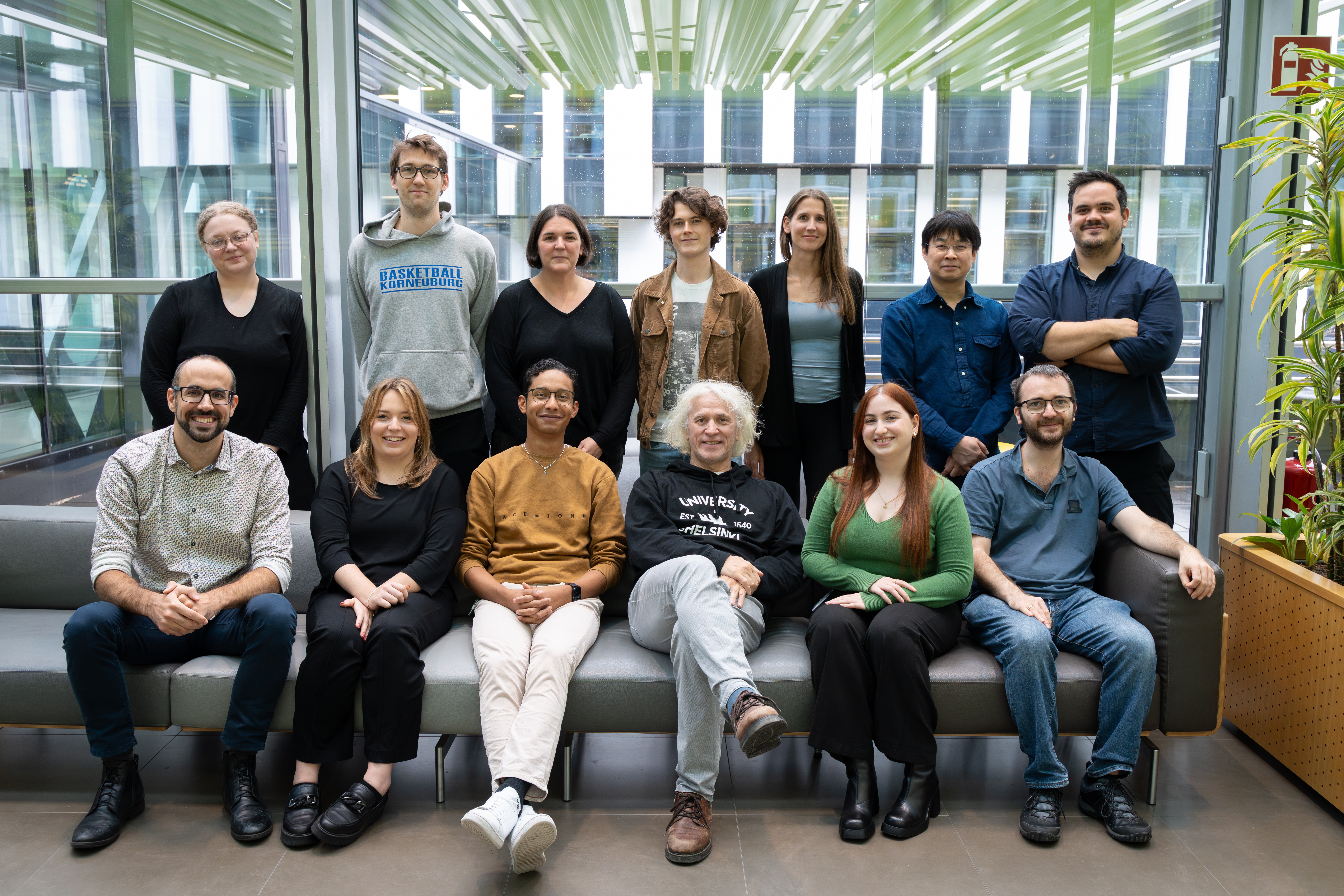Know-how and research interests
Diseases can no longer be pigeon-holed into distinct anatomical regions. For instance, we now know that Parkinson’s disease is not simply a neurological condition but rather involves many additional players such as our immune system, blood system and even the microflora in our gut. Similarly, our lab has shown for example how one factor, RANKL, is important in a variety of biological processes and diseases from bone metabolism to immune functioning to thermoregulation to breast and lung cancers. Using a holistic approach to understand the role each system plays in a disease and also how the same gene can affect many physiological processes is essential to develop new and effective treatments. We are not afraid to wander off the beaten track and merge ideas from apparently disparate fields.
Main Research Interests
Despite the broad range of research topics, our lab follows a unified scientific approach: specific genes are selectively manipulated to study the resulting effects in cells, organoids or model organisms. These observations are then used to gain insights into the fundamental mechanisms underlying disease development. We place particular emphasis on autoimmune diseases, cancer, gastrointestinal disorders, neurological conditions and viral infections.




